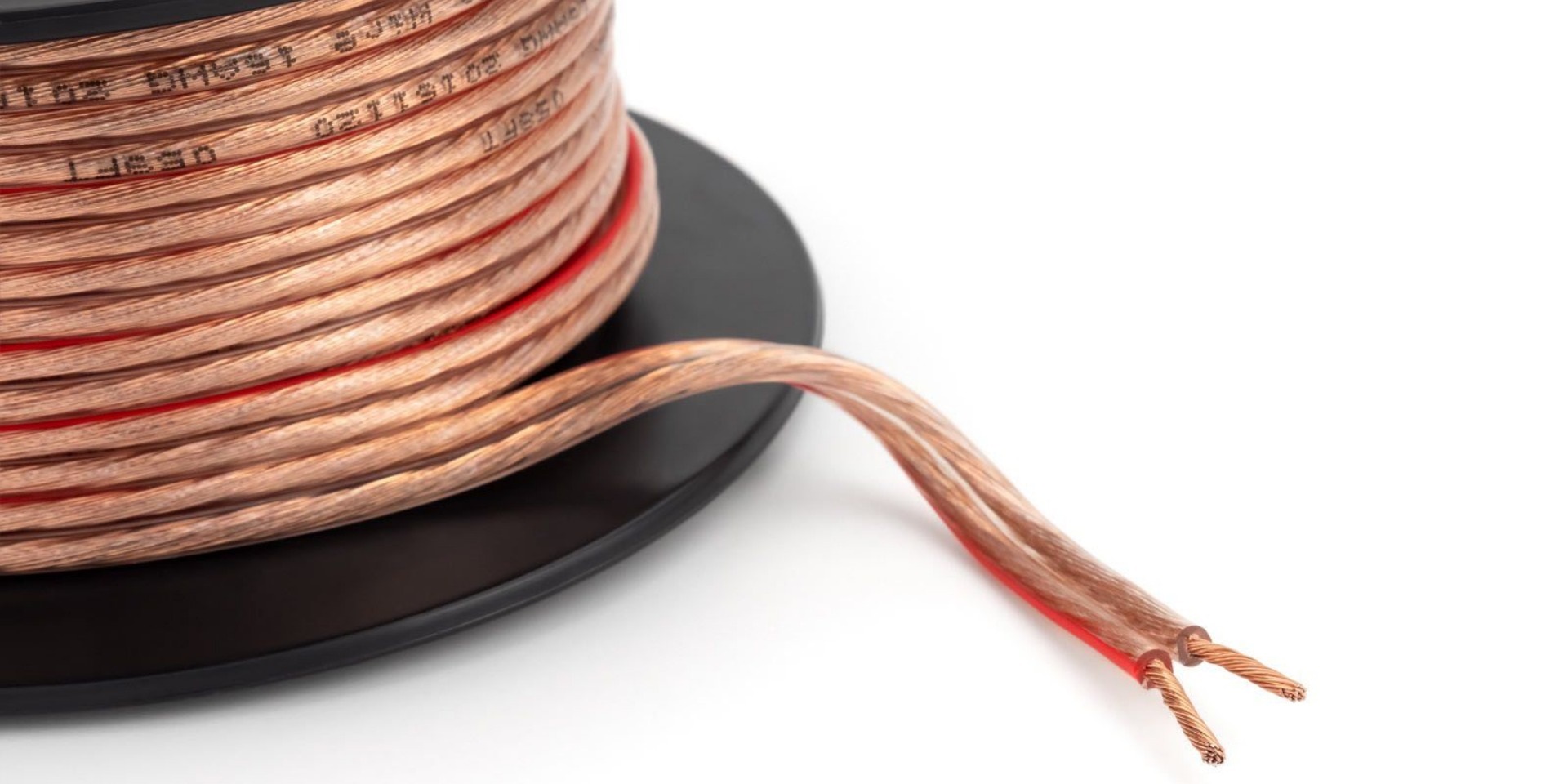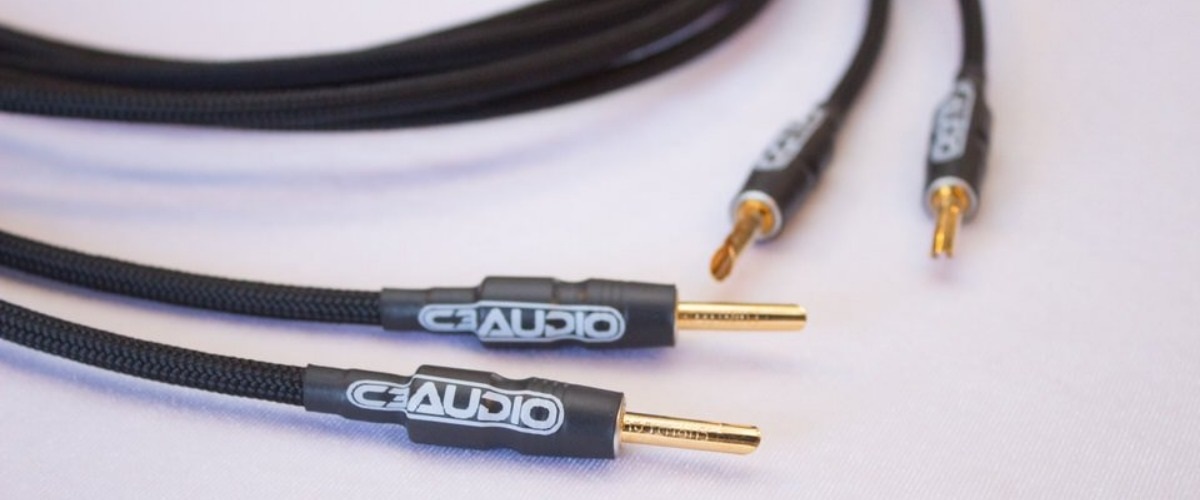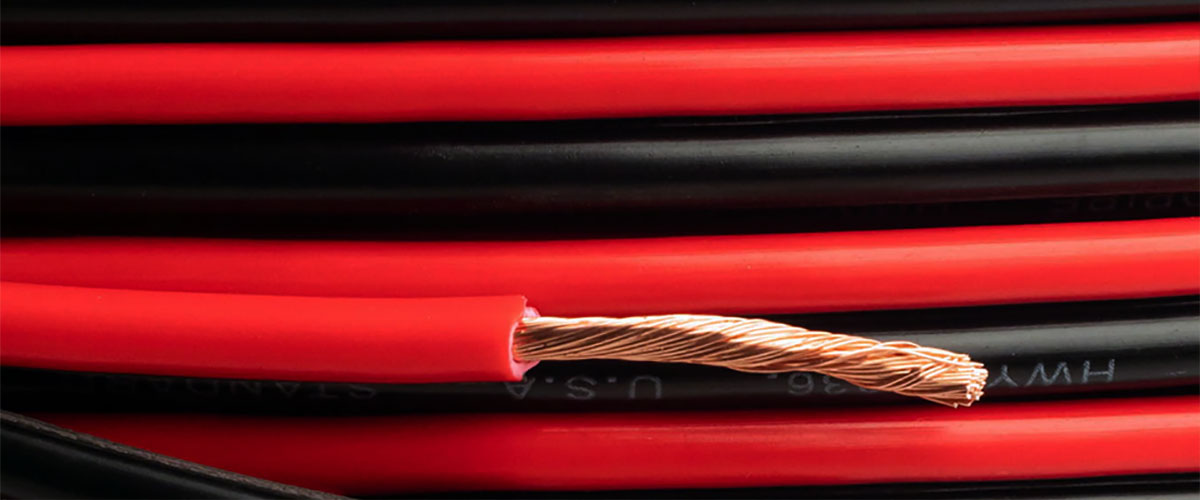
What Gauge Should Speaker Cable Be?
A lot of professionals don’t have a definitive answer to this question. It usually depends on several factors, including your speaker impedance, the power rating of the amplifier, and of course how long your cable is. Generally, better in usage is thicker cable than thinner one.
Considering a particular situation, for example if the power rating of an amplifier is low, a thinner speaker cable is a good option for you. The same is in the case, when the impedance of speakers is high, it may mean that you need a higher gauge. In the other situation, when your amplifier has a high power rating, it is better for you to buy a thicker speaker cable. The same, when your speakers have a low impedance.
When you think about speaker cable gauge, you should also consider the length of the cable. You should choose the thicker wire, if you use the longer cable. The reason is that thinner cables feature more resistance than thicker cables, and this resistance can cause signal loss over long distances.
In general, it is best to err on the side of using a thicker (lower gauge) speaker cable, as this will minimize signal loss and ensure that your speakers receive the full power of your amplifier.

Check the speaker wire option on the Amazon.
In what way does the speaker cable gauge influence the sound quality?
The gauge or thickness of the speaker cable has an influence particularly on the amount of electrical resistance. That means the thicker your wire is, the less resistance it provides. Therefore, in usage a thicker gauge of speaker cable will minimize signal loss and ensure that your devices receive the full power from your amplifier.
In general, the lower the resistance, the better the sound quality. It is because the amplifier doesn’t have to work as hard to overcome the resistance. Therefore there is less distortion in the signal.
However, it is essential to note that resistance is just one factor that affects sound quality. The quality of the speaker wire itself (e.g., copper vs. aluminum) and the connectors also play a role in sound quality. Therefore, it is best to consult with an expert to determine the best speaker wire for your particular setup.
Second, thicker cables are less likely to pick up interference from other electrical devices. It means that the signal will be clearer, and you will get better sound quality.

What gauge do people usually use to connect speakers?
The thickness of the cable is measured in a gauge. Pay attention, because the lower number means the thicker wire. A lot of people use cable with 16 gauge for their speakers. It is an excellent all-purpose gauge that will work for most applications. If you have an amplifier with a high power-rating or the impedance of your speakers is comparably low, you may want to choose a 14-gauge wire. In the opposite case, when there is an amplifier with a low power rating or speakers with a high impedance in usage, you may choose 18-gauge wire.
Check your speaker’s documentation to be sure. If in doubt, err on the side of thicker wire. It is always better to have too much wire than not enough. Ultimately, it is best to consult with an expert to determine the best speaker wire gauge for your particular setup.
Can the speaker cable be too thick?
Yes, the speaker cable can be too thick. It won’t be easy to work with if the wire is too thick and may not fit in your speaker’s binding posts. Additionally, if the wire is too thick, it may cause a drop in voltage resulting in sound quality issues. Ultimately, the best gauge of speaker wire for your particular setup will be determined by several factors, as it was mentioned, including the power rating of your amplifier, the impedance of your speakers, and the length of the cable run.
